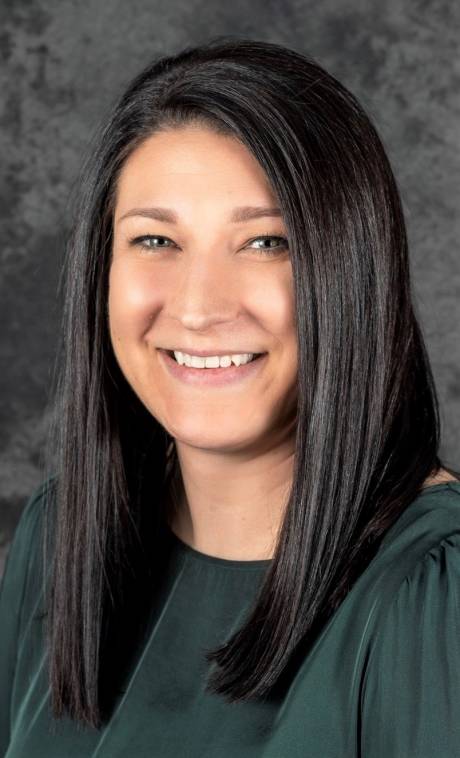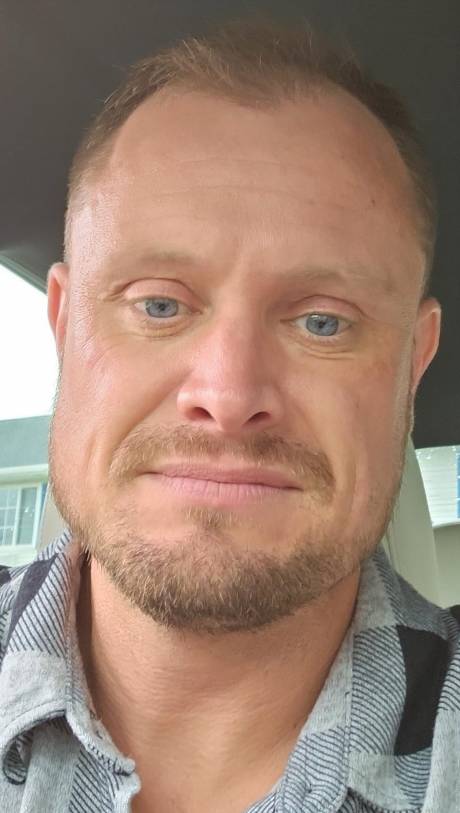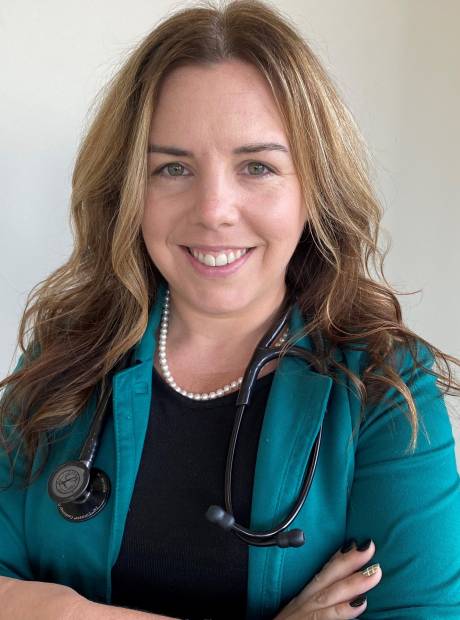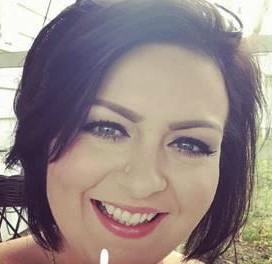Press release:
While there are plenty of acronyms in the field of substance use prevention and treatment, not many are as relevant to today’s environment than MOUD.
The Genesee-Orleans-Wyoming Opioid Task Force, in conjunction with The HEAL Initiative, is continuing its effort to inform the public of the benefits of MOUD – medication for opioid use disorder – by hosting a public forum on May 3 at the Genesee County Office for the Aging at 2 Bank St.
The “MOUD Anti-Stigma and Awareness Town Hall” will feature six speakers, including two men who are in recovery, and will be moderated by Paul Pettit, public health director for Genesee & Orleans Health Departments.
Registration is set for 5 p.m., with the session to run from 5:15 to 7 p.m. Registration is recommended but not required, and a light dinner will be served. Naloxone training will be offered following the presentation.
“The major insights that we are looking to share with the public are defining MOUD and illustrating its effectiveness in treatment,” said Christen Foley, GOW Opioid Task Force coordinator. “We hope that this town hall meeting is a step toward clearing up any misconceptions with MOUD and reducing the stigma associated with substance use disorder.”
The forum also will touch upon topics such as creating a supportive environment for those struggling with opioid use disorder and providing local treatment and recovery resources in the region.
Panelists are as follows:
-- Dr. Samantha Gray, PhD, an advanced practice clinician at Horizon Health Service’s Batavia location and an adjunct professor within the department
of Counseling, School and Educational Psychology at the University at Buffalo. She also has her own private practice.
Dr. Gray said she became invested as an advocate after her father passed away from an overdose in 2015. Her experience beyond the outpatient settings includes work with methadone programs, crisis response, homeless shelters, housing programs and community/resource coordination.

-- Reilly Climenhaga, a detox technician at Genesee/Orleans Council on Alcoholism and Substance Abuse, who has recovery coach and peer advocate certifications. He struggled with opioid use disorder for more than 20 years, and has been on and off since the age of 20. He had been taking Sublocade -- a once-a-month injection of buprenorphine.
Climenhaga said that MOUD, coupled with working a strict program of recovery, has changed his life for the better.

-- Randi Johnson, a physician assistant at GCASA for three years, working at the Albion outpatient clinic, at the detoxification facility and the methadone clinic. Previously, she worked in emergency room and urgent care settings.
Johnson said she has utilized buprenorphine micro-inductions to successfully initiate many patients on buprenorphine.
-- Scott Davis, who is in his second year as a recovery coach and certified peer advocate with the Rochester Regional Health system. In recovery for three years, he attributes his success to determination, faith, a strong support team and the application of medication for substance use disorder.
Davis works with clients through Monroe County treatment courts – providing guidance and peer support, providing transportation for same day/next day inpatient admissions, and other services, including reentry into society following incarceration.
-- Kate Gregory, a licensed master social worker who is the manager of Chemical Dependency at Rochester Regional Health and Hope Haven Inpatient unit.
A social worker since 2005, she has worked in both the mental health and chemical dependency fields in a variety of treatment settings, with direct patient care ranging from residential counseling, inpatient social work, jail counseling, community based crisis response and primary therapy.
Gregory, a RRH employee since 2018, was instrumental in overseeing the development of the system’s central access team to increase immediate access and response support across all RRH chemical dependency departments.
-- Daniel Hauck, clinical supervisor at Hope Haven Inpatient Rehabilitation, RRH Chemical Dependency unit in Batavia. He has worked in the substance use treatment field since 2005 across multiple states, having received Master Credentialed Alcoholism and Substance Abuse Counselor status, specializing in trauma-informed care, community engagement and crisis intervention.
Hauck also has worked as a treatment court liaison for the Tompkins County Drug Court.
To register for the town hall meeting, go to bit.ly/3ndGbk4.
